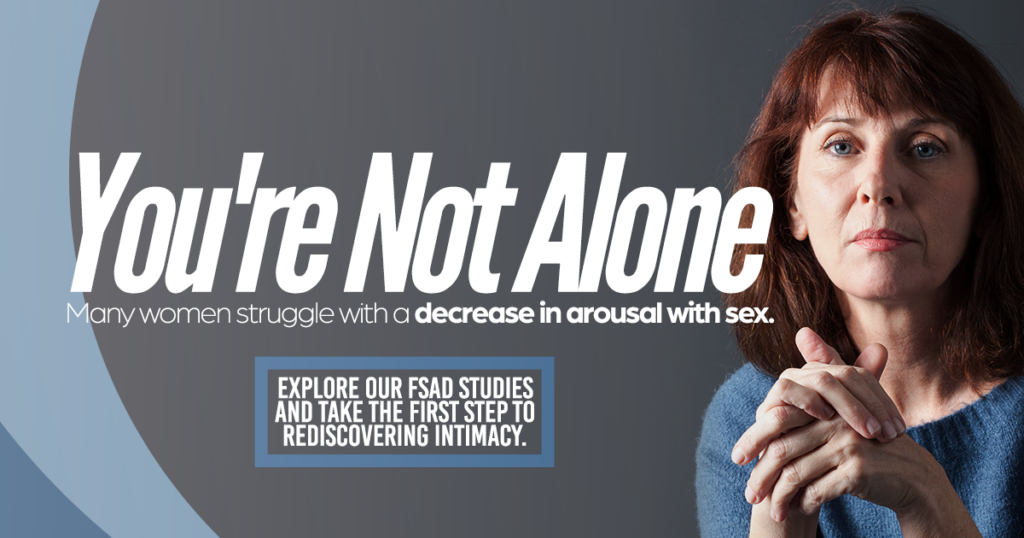Sexual health is an essential aspect of overall well-being, yet many people face challenges in this area due to sexual dysfunction. Whether it’s physical, emotional, or psychological, sexual dysfunction can affect intimacy and connection in relationships. Read more below about the basics of sexual dysfunction, the role of sexual medicine, and how individuals and couples can restore their connection.
What is Sexual Dysfunction?
Sexual dysfunction refers to problems that prevent individuals from experiencing satisfaction during sexual activity. These challenges can affect anyone, regardless of gender or age, and they often fall into one of four categories:
1. Desire Disorders: Lack of sexual desire or interest.
2. Arousal Disorders: Difficulty becoming physically aroused during sexual activity.
3. Orgasmic Disorders: Inability to achieve orgasm or experiencing delayed orgasm.
4. Pain Disorders: Pain during intercourse, often related to medical conditions.
These issues can be caused by a variety of factors, including hormonal imbalances, chronic illnesses (like diabetes or heart disease), stress, psychological concerns (such as anxiety or depression), and certain medications. Additionally, lifestyle factors like smoking, alcohol consumption, and lack of exercise may contribute to sexual dysfunction.
The Role of Sexual Medicine
Sexual medicine is a specialized field focused on diagnosing and treating sexual health issues. It takes a holistic approach, considering physical, emotional, and psychological factors. Here are some ways sexual medicine can help:
• Medical Treatments: Hormone replacement therapy (HRT), medications like PDE5 inhibitors (e.g., Viagra, Cialis), or other treatments for underlying medical conditions.
• Therapy and Counseling: Psychosexual therapy or couples counseling can address emotional and psychological barriers to intimacy, such as anxiety, past trauma, or relationship stress.
• Pelvic Floor Therapy: For individuals experiencing pain during intercourse, physical therapy aimed at strengthening the pelvic floor muscles can be effective.
• Lifestyle Interventions: Encouraging regular exercise, a healthy diet, stress management techniques, and eliminating harmful habits (such as smoking) can improve sexual function.

Restoring Connection in Relationships
When sexual dysfunction becomes a barrier to intimacy, it’s important to focus on restoring connection. Open communication, empathy, and seeking help when needed can all be vital steps in rebuilding intimacy.
1. Communicate Openly: Sharing feelings, fears, and frustrations with your partner is the first step. Often, misunderstandings about sexual desires or expectations can create emotional distance.
2. Seek Professional Help Together: Involving both partners in treatment—whether through sexual medicine, therapy, or counseling—can strengthen the bond between partners and promote mutual understanding.
3. Focus on Emotional Intimacy: Sexual connection is deeply tied to emotional connection. Strengthening non-sexual forms of intimacy (such as spending quality time together, showing affection, or sharing meaningful experiences) can improve the overall relationship.
4. Be Patient and Supportive: Healing from sexual dysfunction takes time. Supporting each other throughout the process and maintaining a positive attitude can help the journey feel more manageable.

The Role of Research
Research plays a pivotal role in advancing sexual medicine by developing new treatments and therapies for sexual dysfunction. Clinical trials help researchers understand the underlying causes of sexual health issues and evaluate the effectiveness of innovative treatments, from medications to therapeutic interventions.
Explore our enrolling studies and take the opportunity to contribute to the advancement of sexual health care. While sexual dysfunction is a common issue, it doesn’t have to create lasting barriers in relationships. Take action today to make a difference.


